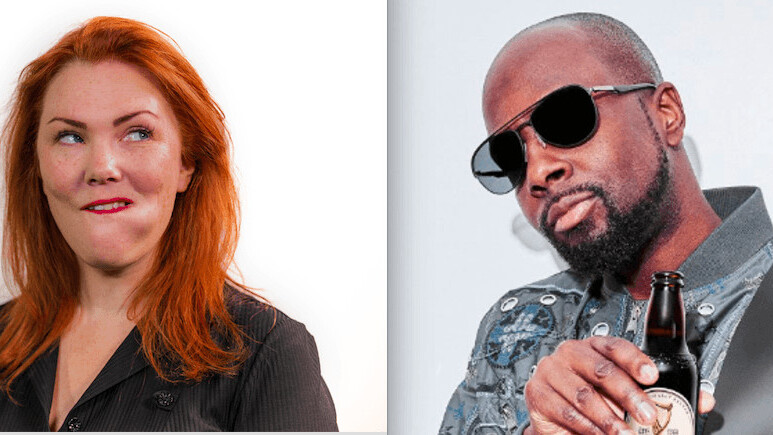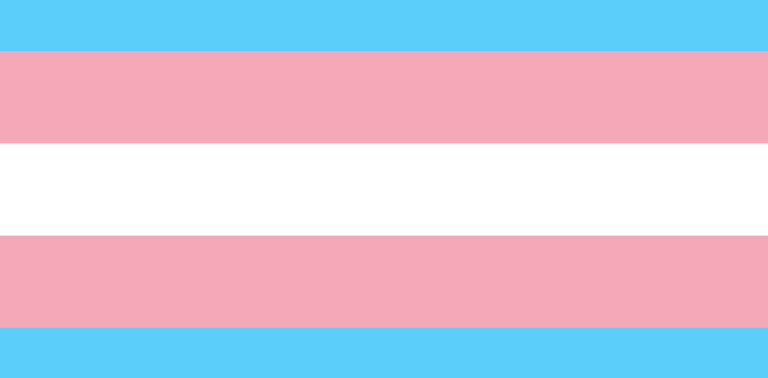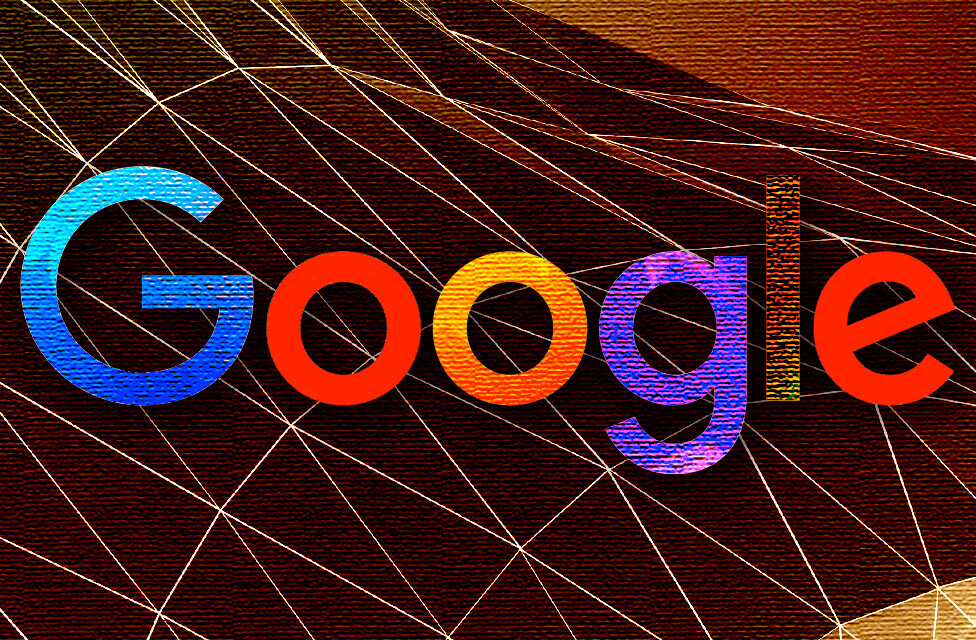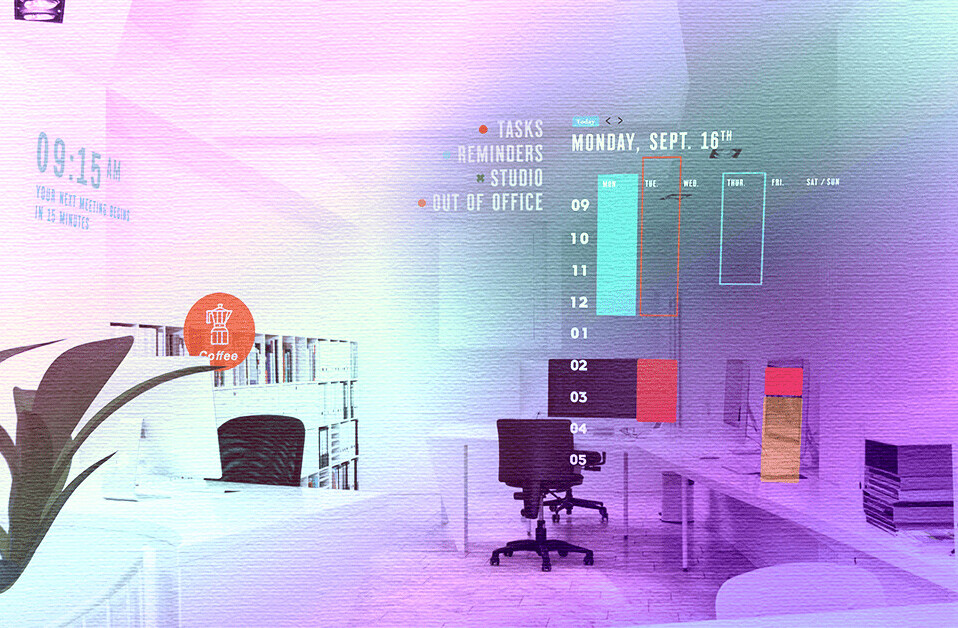
The battle-lines have been clearly drawn for several years now, but as the European Parliament vote on copyright reform in the EU looms tomorrow, both sides are bringing out the big guns.
Speaking at a press conference today in the European Parliament, former Fugees founder and global music star, Wyclef Jean called on MEPs to reject Article 13 of the copyright directive to support artists and creators.
“We will never forget the past, but we live in the present, so that we may see the future. Musicians and artists thrive when they collaborate and share. I’ve worked with so many young artists – the future – who have sampled my music and succeeded. Upload filters or anything else that restricts this will stop artists from making and creating the future, and I hope MEPs will reject that tomorrow,” said Wyclef.
Article 13 would force platforms like YouTube, Soundcloud, Vimeo and others to monitor and filter anything that European citizens upload to content-sharing services. In practice, Article 13 as it currently stands will create a situation where automated upload filters become the norm. Because, whether mandatory or not, if platforms are made legally accountable, they will de facto be forced to use them. The chilling effect this could have on freedom of expression – and, yes, that includes memes – should be obvious. Even the most sophisticated automated filtering systems in use generate hundreds of false positives.
Wyclef’s argument that the world has changed, and with it the music industry, isn’t new. The same is true of the news publishing industry in which I work. Wyclef says of course he wants to get paid for his work. Guess what? Me too!
And yet we both see big problems with the current copyright proposals.
Part of this is because copyright reform – despite impressive scare-lobbying tactics – isn’t about defending authors, musicians and creators per se. It’s about guaranteeing revenue for rights holders, and that’s not the same thing.
Musical copyright is more often than not held by collecting societies or big agencies – middle-men whose day has come and gone thanks to the internet – but who are still desperately trying to skim off what money they can from all sides. It’s an industry in its death throes trying to make the new incumbent pay to keep it afloat. Something similar is happening in the publishing industry.
Wyclef cares about Article 13. I care about Article 11.
As a freelance journalist, I don’t get paid a salary and I don’t write for only one publication. But the norm in my working life is that whatever I write or record, the copyright is held, not by me, but by the publisher.
Nonetheless you might think that I will still be in favour of a new right for press publishers for the online use of their press publications, right? Wrong.
Sure I want publishers to earn enough to be able to pay me, but in much the same way that music copyright benefits the big agencies, Article 11 will favour only the big publishers to the detriment of thousands of smaller press publications across the EU.
Article 11 would make news headlines pay-per-view. That means that search engines and news aggregator sites would have to pay to list them.
For some news aggregators this could equal no more snippets to determine if you want to click on an article to read it, or, potentially no link at all. What that means in practice is that users will go only to a handful of big publishers whose names are already well established, to the huge detriment of media plurality.
Option two is that news aggregators will pay only for the most valuable listings, ie the big publishers and, once again, smaller publishers will lose out.
Amazingly this scheme has already been tried and failed. This type of law was introduced in Germany where it quickly became known as the “Google tax” since Google News is the largest, most visible news aggregator in town. What happened when Google decided not to pay to list publishers and traffic to them dropped? Publishers decided to waive their fee and it quickly became the “NOT Google tax.” Publishers weren’t so keen to waive fees for smaller aggregators, so once again, it was the little guy who loses out.
In Spain, the law was created without the possibility to waive fees. So Google News stopped operating in Spain altogether. Result? Established publishers who could rely on brand recognition survived. Smaller niche publishers went under.
At a time when so much public conversation is centered around the dangers of filter bubbles and echo chambers, the EU should be doing what it can to increase media plurality, not concentrating control of information into the hands of a few dominant actors – be they traditional publishers or new online media platforms.
“The solution to the challenges of the internet isn’t to tear it down, it’s to build on top of it. There are too many fingers being pointed and too few productive conversations,” said Wyclef. I 100% agree.
Get the TNW newsletter
Get the most important tech news in your inbox each week.




